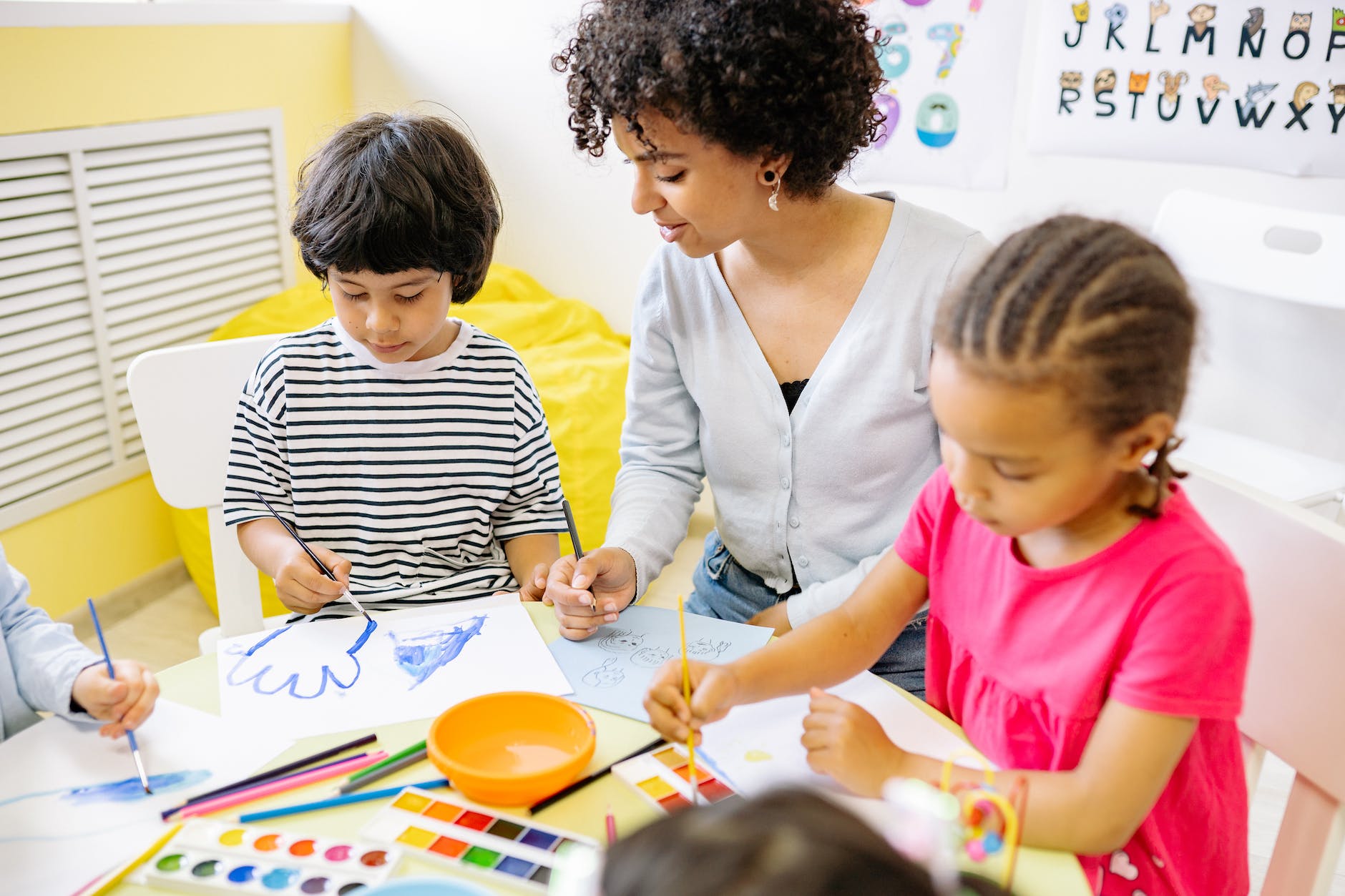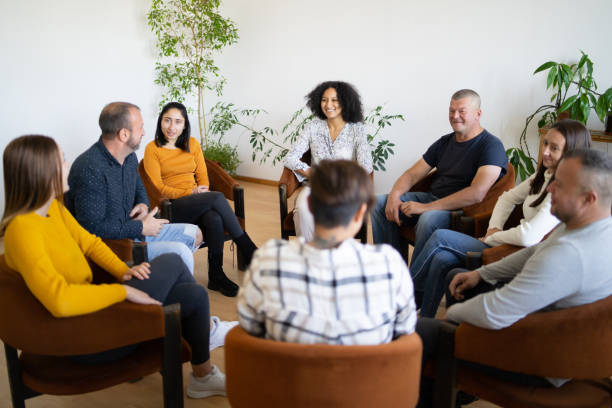The Impact of Teacher-Student Relationships on School Achievement

|
Getting your Trinity Audio player ready...
|
Introduction:
Having positive relationships between teachers and students is crucial for educational success and the development of students as individuals. These relationships can have a profound impact on both students’ academic achievements and their overall development.

Why Relationships Matter:
Do you remember your favorite teacher? Chances are, you felt comfortable and supported in their class.
Research conducted by Cook et al. (2018) has shown that students who are given quality time by their teachers tend to do better in school. This is especially true in the early years of school, when students depend on their teachers for support and guidance.

The Importance of a Positive Demeanor:
Healthy and positive relationships between teachers and students can greatly shape the atmosphere in the classroom and contribute to sustained academic success.
Recommended Article: 5-to-1 Ratio Approach for Promoting Positive Behaviors in the Classroom
This positive influence goes beyond just daily lessons, impacting students’ overall well-being and influencing their educational achievements in the long run.
Here is an example of positive role model and teacher, Rita Pierson, providing ideas for interacting with children in the classroom in emotionally healthy, positive, and productive ways.
Negativity in a school environment can create difficulties for both students and teachers. It has the potential to negatively impact the classroom atmosphere, making it harder for everyone to thrive.
According to Roache (2011), disciplinary methods that are punitive and unfriendly can have a harmful effect on student motivation and mental health.
See an example of negativity in the classroom below.
Addressing Challenges:
Educators can form meaningful connections with students by providing empathy, support, encouragement, and positivity.
If consequences are necessary, it is important to utilize natural and logical ones that will help the individual learn new skills and positively change their behavior, instead of arbitrary punishments that do not demonstrate any form of guidance or assistance in shifting the behavior of concern.
Teachers’ Confidence Matters:
It’s essential for teachers to have confidence in their ability to teach (Tschannen-Moran, 2001).
When teachers trust in their own capabilities, it can help students learn and develop positive relationships (Morris-Rothschild and Brassard, 2006).
Teachers have more to do than just teaching subjects; they are also role models that can guide their students during difficult times.

Teachers can increase their confidence by various methods such as engaging in self-care, taking professional development courses, trying new activities, and partnering with mentors and peers on tasks, challenges, and projects.

Wrapping It Up:
In summary, teacher-student relationships play a crucial role in education. These relationships have a significant impact on students, not only in their academic success but also in their overall personal development.
By creating supportive environments, we can cultivate these relationships, helping students become lifelong learners and responsible individuals.
As we progress in the field of education, let us always remember the profound influence that these connections have on shaping students into successful learners and productive members of society.
References:
- Cazden, C. B. (2001). Classroom discourse the language of teaching and learning. Portsmouth, NH: Heinemann.
- Cook, C. R., Coco, S., Zhang, Y., Duong, M. T., Renshaw, T. L., Long, A. C., & Frank, S. (2018). Cultivating positive teacher–student relationships: Preliminary evaluation of the establish–maintain–restore method. School Psychology Review, 47(3), 226-243.
- Hughes J. N., Luo, W., Kwok, O., & Loyd, L. (2008). Teacher-student support, effortful engagement, and achievement: A three-year longitudinal study. Journal of Educational Psychology, 100(1), 1–14.
- Hughes, J. N., Wu, J., Kwok, O., Villarreal, V., & Johnson, A. Y. (2012). Indirect effects of child reports of teacher-student relationship on achievement. Journal of Education Psychology, 104(2), 350-365.
- Jong, R., Mainhard, Tim., Tartwijk, J., Veldman, I., Verloop, N., & Wubbels, T. (2014). How pre-service teachers’ personality traits, self-efficacy, and discipline strategies contribute to the teacher–student relationship. British Journal of Educational Psychology, 84(2), 294-310.
- Kranea, V., Nessa, O., Holter-Sorensena, N, Karlssona, B., & Binderb, P. (2017). You notice that there is something positive about going to school: How teachers’ kindness can promote positive teacher– student relationships in upper secondary school. International Journal of Adolescence and Youth, 22(4), 377-389.
- Lewis, R., Romi, S., Qui, X., & Katz, Y. J. (2005). Teachers’ classroom discipline and student misbehavior in Australia, China and Israel. Teaching and Teacher Education 21(6):729-741
- Morris-Rothschild, B., & Brassard, M. R. (2006). Teachers’ conflict management styles: The role of attachment styles and classroom management efficacy. Journal of School Psychology, 44, 105–121.
- Roache, J. E., & Lewis, R. (2011). The carrot, the stick, or the relationship: What are the effective disciplinary strategies? European Journal of Teacher Education, 34, 233-248.
- Tschannen-Moran, M., & Woolfolk Hoy, A. W. (2001). Teacher efficacy: Capturing an elusive construct. Teaching and Teacher Education, 17, 783-805.










